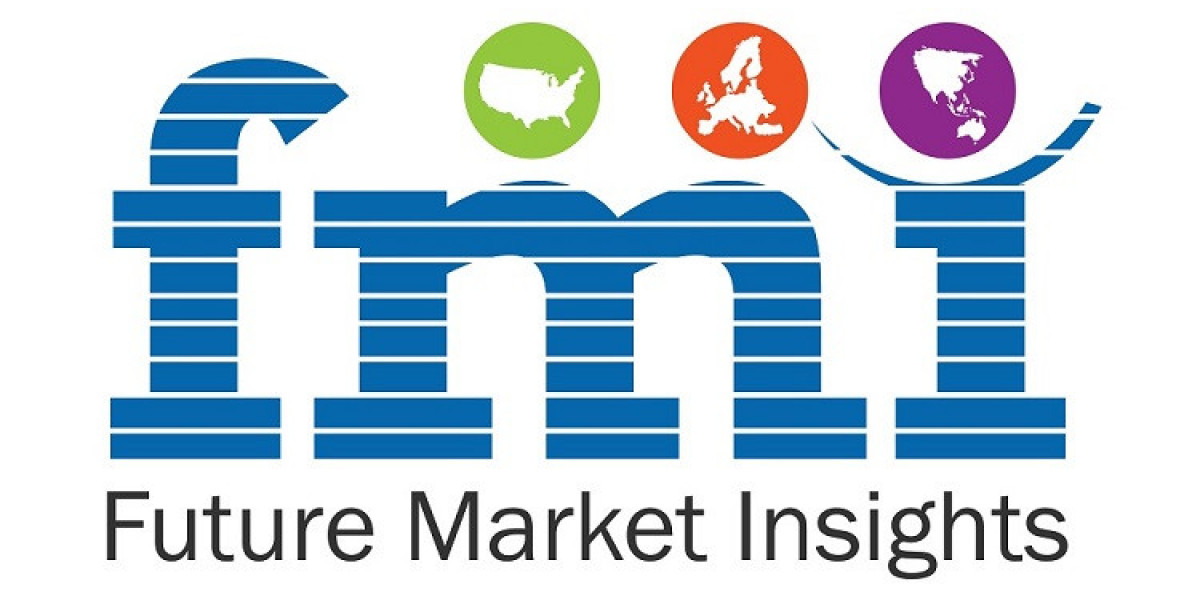Recently, facebook has been in the news for a number of wrong reasons. A criminal case has been registered in Raipur against a top Facebook executive, Ankhi Das, for overlooking inflammatory posts by a politician, allegedly because removing it would anger the ruling dispensation. The bharatya janta party and the congress have been thus involved in a war of words on this issue.
Allegations also include that the recent coronavirus application Arogya Setu may not be fully secure, but information technology minister Ravi Shankar Prasad has assured people that it is safe.
Cambridge Analytica
The company was alleged to have influenced the 2016 United States presidential elections. It was alleged that the company controlled accounts of around 85 million Facebook users.
Doing this the company was able to find out what many Americans were thinking, what kind of leadership they were seeking and what policies appealed to them. These allegations were not fully substantiated. Facebook also had to pay a huge price for its actions, its shares nosedived by $119 billion in just one day.
Indian scenario
Due to the spread of Covid-19, different smartphone apps have become almost mandatory in almost every country. The data collected through these apps, if used for anything other than medical and scientific purposes, could seriously compromise the privacy of the individual.
Medical parameters can now reach unknown corporations that could ascertain who is diabetic, hypertensive or what allergies a person could have. This can be abused, especially in places with a weak democracy or one without a robust and independent judiciary.
Confidential information falling into the wrong hands, or unknown hands, is a huge danger to all citizens of democratic countries.
Gabriel Baiman
The debate began in the mid-1990s by Gabriel Baiman. He found that 90% of the recruitment to terrorist organisations was done through social platforms.
This information made it easier to influence them. It is easier to sow the seeds of hate. Jihadi John, an ISIS member from Britain, who became notorious for his beheading videos, was recruited through social media. A number of young Indians were also misled by propaganda on social media platforms.
In the novel, 1984, George Orwell mentions about the “big brother” who watched every move, actions and conversations of every individual. Today, we unknowingly carry the Big Brother with us everywhere, it monitors everything from our location to our health and even our thoughts.
Everything and everyone is online. There is no guarantee that this data will not reach a terrorist organisation, an anarchist group, a foreign government, rogue government officials or predatory drug companies.







